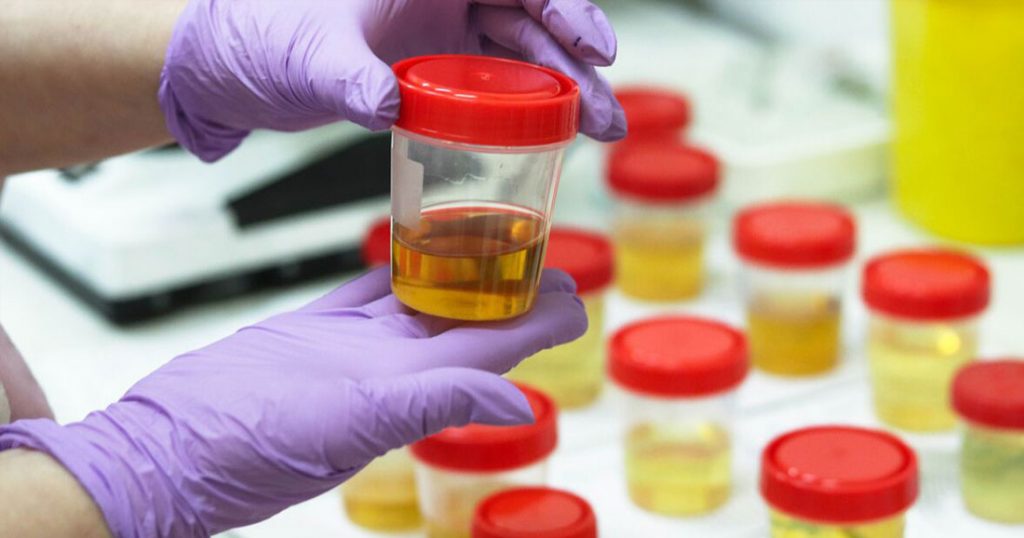With the help of AI, South Korean scientists have designed a non-invasive and reliable test to quickly diagnose prostate cancer from a simple urine sample.
Reliable, fast and non-invasive
Ranking first among cancers in humans, clearly ahead of lung and colorectal cancers, Prostate cancer accounts for about 26% of all male incident cancers and occurs in about 66% of cases in people aged 65 and over. Although there has been a decrease in the number of cases in recent years, around 50,000 are diagnosed each year in France, with more than 8,000 deaths recorded in 2018.
Its screening is currently based on the detection in the blood ofprostate specific antigens (PSA), a marker for cancer. Unfortunately, the accuracy of this approach is only 30%, forcing doctors to resort to additional invasive procedures, such as biopsy, in order to confirm the diagnosis. While they can save lives if the cancer is caught early, these procedures can be painful and cause bleeding.
But all that may soon be set to change, thanks to the promising work of researchers at theKorea Institute of Science and Technology (KIST), recently featured in the journal ACS Nano. Scientists have designed a test for prostate cancer that looks for four factors that make it more likely to occur in urine samples than in blood.

Nearly 100% accuracy
These various cancer markers are detected by an ultrasensitive biosensor based on an electrical signal proving to be sufficiently sensitive to identify traces of the selected molecules. An artificial intelligence specially designed and trained for this task then identifies subjects with prostate cancer by analyzing the complex patterns of the signals detected. In tests carried out on 76 samples, the device achieved an accuracy of almost 100%.
” For patients who require surgery and / or treatment, cancer will be diagnosed with high accuracy using urine to minimize the need for biopsies and unnecessary treatments, which can significantly reduce costs. medical care and the workload of nursing staff », Estimated the professor In Gab Jeong, co-author of the study.

Last November, a kit to detect breast cancer and based on a similar approach was awarded at the James Dyson Awards 2020.
#revolutionary #test #detects #prostate #cancer #accuracy

